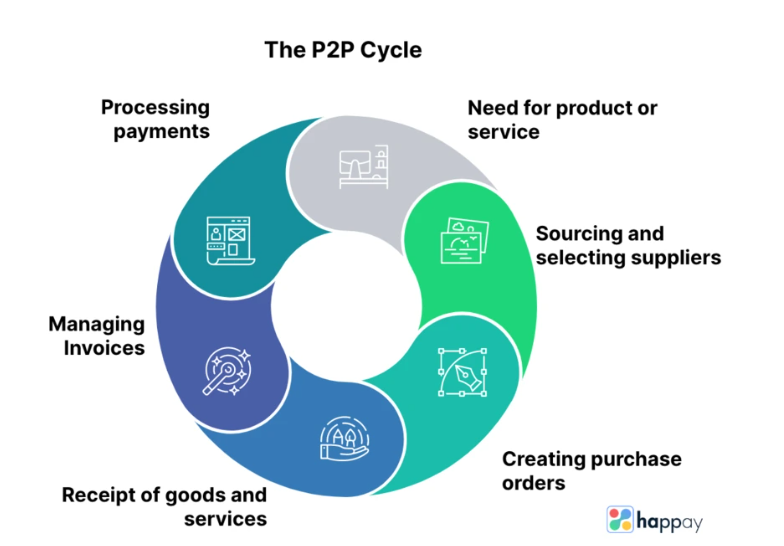Starting Out in ERP
When I joined Cloudare Technologies as an Intern, with a background in finance, I was eager to apply my academic knowledge—but stepping into the ERP world felt like stepping into a new language. That’s when I was introduced to Odoo, and it quickly became my stepping stone into enterprise systems.
What is Odoo?
Odoo is a flexible, open-source ERP platform that brings together accounting, sales, HR, inventory, and more—all in one place. But to me, Odoo was more than software. It was a training ground that made enterprise processes click. Everything was visual, intuitive, and beginner-friendly—exactly what I needed to gain real-world exposure.
Odoo Modules Snapshot
- Accounting: Invoicing, payments, bank reconciliation, journal entries, financial reports
- Sales & CRM: Lead tracking, quotations, order management, customer history
- Inventory: Stock movements, warehouse management, product traceability
- Purchases: Vendor bills, RFQs, purchase orders, supplier performance
- HR: Employee records, payroll, attendance, recruitment
- Project Management: Task planning, timesheets, productivity tracking
Key Features
- Modular Architecture:- Odoo is structured around modules. You can start with a single app (like Accounting or CRM) and gradually install others as your business grows—Sales, Inventory, HR, eCommerce, etc.
- User-Friendly Interface:- Its clean, intuitive UI makes it accessible even to non-technical users. Dashboards are customizable and help visualize KPIs and data flows effortlessly.
- Open Source + Enterprise Versions:- Odoo offers a free Community Edition and a paid Enterprise Edition. The open-source nature allows deep customization and community support.
- Highly Customizable:- You can tailor workflows, build custom reports, and even create your own modules. This is a major advantage for consultants and developers.
- All-in-One Integration:- Everything from finance and marketing to supply chain and HR works in sync. This eliminates the need for multiple disconnected tools.
Why Odoo Was the Right Start
Here’s why Odoo made sense as my entry point:
- Easy UI: No clutter, just clean dashboards
- Modular: Start small, scale fast
- Cost-effective: Great for startups & learners
- Customizable: Open-source flexibility
Who Should Try Odoo?
- Students and Interns:- Ideal for those starting in finance, IT, or ERP. Offers hands-on learning in real-world business processes like invoicing, reconciliation, and reporting.
- Startups and Small Businesses:- Need a cost-effective, all-in-one solution to manage operations. Odoo’s modular design allows for gradual implementation based on business needs.
- Functional Consultants:- Useful for prototyping, customizing workflows, and understanding cross-functional ERP operations without heavy technical barriers
- Entrepreneurs and Founders:- Helps streamline sales, inventory, HR, and finance from a single platform, enhancing control and decision-making.
- Educators and Trainers:- Suitable for teaching ERP concepts in classrooms or training programs due to its clean, user-friendly interface.
- Freelancers and Business Analysts:- Supports skill-building and consulting work with its practical tools for workflow analysis and optimization.
Odoo vs Oracle/SAP: Quick Snapshot
| Feature | Odoo | Oracle Fusion | SAP S/4HANA |
| UI & Usability | Very easy | Professional, complex | Powerful, but not intuitive |
| Best For | SMEs & Startups | Large Enterprises | Global Enterprises |
| Pricing | Low / Open-source | High | Very High |
| Deployment | Cloud / On-Premise | Cloud | Mostly Cloud |
| Customization | Extensive (Open Source) | Limited to extensions | Complex, needs experts |
| Speed of Implementation | Fast | Medium to Long | Long |
What I Learned
During my internship at Cloudare, I worked extensively on the Odoo Accounting module, gaining hands-on experience with:
- Hands-on understanding of accounting concepts
- Real-world Odoo ERP exposure (receivables, payables, journals, reports)
- Gained confidence to step into Oracle Fusion and explored the AP, AR, Procurement & GL module
- Understood how every function ties together in a live business system
- Gained valuable insight from the client meeting including understanding their business requirement and providing them immediate & effective solution
“Odoo made me feel like a finance professional—fast and effectively”
What I Learned Beyond the Tools
Perhaps the biggest takeaway wasn’t just about using a new platform—it was understanding how data, processes, and finance interlink in a real business environment. So I learned to:-
- Think critically about system dependencies
- Map accounting workflows to business operations
- Communicate with teams across functions
- Adapt to real-time problem solving
- And most importantly, I learned how technology can empower finance professionals to move from data entry to decision-making.
Final Thoughts
From creating my first customer invoice to reconciling bank statements, Odoo helped me connect dots I’d only seen in textbooks. It made enterprise processes tangible.
If you’re looking to start your ERP journey, I couldn’t recommend Odoo more. It’s practical, empowering, and a perfect first step.
Let’s Connect
Have you worked with Odoo or Oracle? Exploring ERP or finance tech? I’d love to exchange thoughts and learn together. My journey is just beginning—and I’m excited for what’s ahead.






Leave a Reply